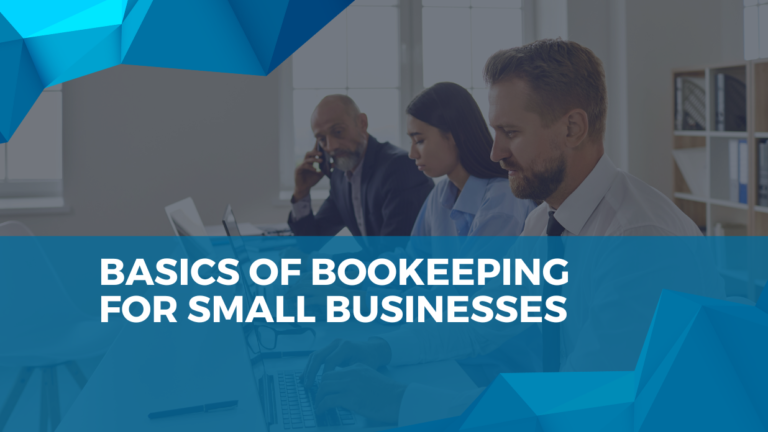Traditional accounting methods no longer suffice. Cloud accounting software has revolutionized how businesses manage their finances, offering real-time insights and automation that can transform your financial management. Let’s explore how this technology can benefit your business.
Why Cloud Accounting Matters Now More Than Ever
The 2024 Autumn Budget introduced significant changes to tax reporting and compliance requirements. Combined with Making Tax Digital (MTD) initiatives, these changes make digital accounting solutions not just beneficial but essential. For businesses focused on understanding corporation tax requirements, cloud accounting provides crucial support for compliance and planning.
Key Benefits of Cloud Accounting
Real-Time Financial Visibility
- Access up-to-date financial information anywhere, anytime
- Monitor cash flow in real-time
- Track business performance instantly
- Make informed decisions quickly
Automated Processes
- Reconcile transactions automatically
- Generate invoices systematically
- Record expenses effortlessly
- Streamline VAT return filing
Enhanced Security
- Data backed up automatically
- Bank-level encryption
- Secure access controls
- Disaster recovery protection
Choosing the Right Software
Essential Features to Consider
- MTD Compliance
- Bank Feed Integration
- Invoice Management
- Expense Tracking
- Financial Reporting
- Multi-User Access
For businesses managing payroll, look for software that integrates with payroll management systems for seamless operation.
Making the Transition
Planning Your Move to Cloud Accounting
- Assess Your Current System
- Review existing processes
- Identify pain points
- Define requirements
- Set clear objectives
- Prepare Your Data
- Clean up existing records
- Organize financial information
- Update client and supplier details
- Review outstanding transactions
- Implementation Strategy
- Choose the right timing
- Train staff effectively
- Plan data migration
- Set up new procedures
For comprehensive financial management, consider how cloud accounting fits with your overall bookkeeping strategy.
Maximizing ROI from Cloud Accounting
Best Practices for Success
- Regularly reconcile accounts
- Use automated features fully
- Keep digital records organized
- Review reports monthly
- Update software promptly
Integration Opportunities
Connect your cloud accounting software with:
- CRM systems
- E-commerce platforms
- Payment processors
- Inventory management
- Time tracking tools
Supporting Tax Compliance
Cloud accounting significantly simplifies tax compliance. Whether you’re preparing for tax season or managing ongoing obligations, good software helps:
- Track tax-deductible expenses
- Calculate tax liabilities
- Prepare tax returns
- Monitor tax deadlines
- Store required documentation
Scaling Your Business
As your business grows, cloud accounting grows with you. Many businesses find that outsourcing accounting services combined with cloud software provides the perfect solution for scaling operations effectively.
Growth Support Features
- Multi-currency handling
- Project tracking
- Departmental accounting
- Advanced reporting
- API integrations
Common Challenges and Solutions
Challenge 1: Data Migration
Solution: Plan carefully and consider professional support for the transition
Challenge 2: Staff Adoption
Solution: Provide comprehensive training and highlight benefits to daily work
Challenge 3: System Integration
Solution: Choose software with strong integration capabilities and API support
Making Tax Digital Compliance
MTD requirements continue to evolve. Cloud accounting helps you stay compliant by:
- Maintaining digital records
- Creating digital links
- Submitting returns electronically
- Storing required documentation
- Generating audit trails
For individual business owners, understanding how cloud accounting supports personal tax obligations is equally important.
Future-Proofing Your Business
Cloud accounting positions your business for future success by:
- Adapting to regulatory changes
- Scaling with business growth
- Incorporating new technologies
- Supporting remote work
- Enabling business intelligence
Professional Support
While cloud accounting simplifies many processes, professional expertise can help you maximize its benefits. Consider how unlocking growth through outsourcing might support your digital transformation.
Next Steps
Ready to transform your financial management? Consider these actions:
- Assess your current needs
- Research software options
- Plan implementation timeline
- Consider professional support
- Prepare staff training
Need guidance on selecting and implementing cloud accounting software? Contact us to discuss how we can help you choose and implement the right solution for your business.
Remember: The move to cloud accounting isn’t just about adopting new technology—it’s about transforming how you manage your business finances for greater efficiency and success.

Entrepreneurial leader with 7+ years’ experience. Drives innovation and strategic growth at WiseAcc.





